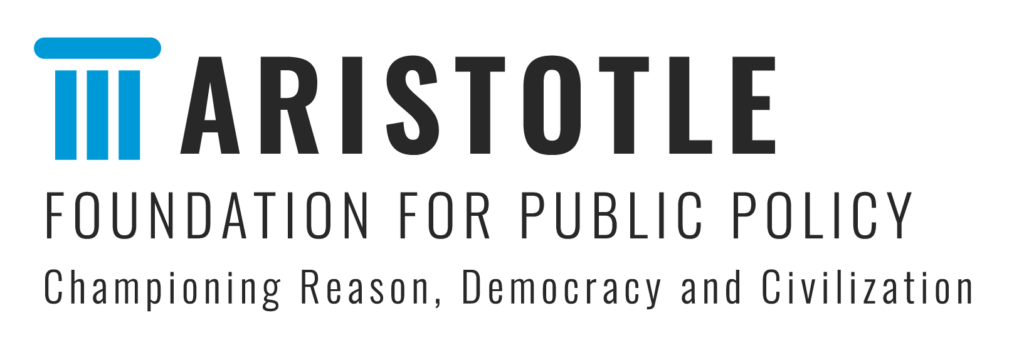
We studied a myriad of gender transition policies in Canada and found that we are one of the most permissive, reckless jurisdictions
J. Edward Les, Roy Eappen and Ian Kingsbury, National Post, August 1, 2024
Last spring, esteemed pediatrician Dr. Hilary Cass issued her final report of an exhaustive four-year-long inquiry into clinical “gender identity” practices in the United Kingdom. After forensically plucking away at the basis for herding minors down an irreversible pathway of puberty blockers, cross-sex hormones and genital-revision surgery, she concluded that the evidence supporting those practices simply doesn’t exist.
Yet on this side of the pond, we remain unwilling to acquiesce to the truths laid bare by the Cass Review. The unfounded construct of “gender-affirming care,” which holds that gender incongruence can manifest as early as age four, and that questioning a minor’s gender self-identification is both harmful and unethical, continues to hold sway in Canadian and American classrooms, courtrooms, boardrooms and, sadly, doctors’ exam rooms.
In light of the changing dynamic of pediatric gender medicine in Europe, we conducted a comparative study for the Aristotle Foundation for Public Policy and Do No Harm, a medical policy non-profit, to contrast North America’s approach with that taken by Northern and Western Europe.
We considered a host of metrics across jurisdictions, including legal requirements to change gender; minimum age to change gender in the civil registry; permitted legal gender categories other than male or female; notable requirements for medical transition; minimum age for prescription of puberty blockers and cross-sex hormones; minimum age for sex-reassignment surgery; and the number of available youth gender clinics.
Our findings shine a bright light on the permissiveness of gender affirmation policies across Canada. We found that, just as in the United States, patients are eligible for legal “gender transition,” puberty blockers and cross-sex hormones at a much younger age than in Europe — even as our European counterparts execute a clinical U-turn in the face of the mounting evidence that these practices are causing harm to minors.
Let’s explore just a few of the details.
In Canada, there is no age minimum to change a child’s gender in the civil registry, so long as there is parental consent — and in some cases a physician’s letter. By contrast, of the European countries sampled, only Luxembourg and the U.K. allow this.
Outside of Alberta and Nova Scotia, Canada has no minimum age requirements for the administration of puberty blockers. Conversely, of countries surveyed in Europe, only France, Iceland and Ireland lack age constraints.
Similarly, for cross-sex hormones, only three provinces or cross-sex hormones, only three provinces mandate a minimum age for treatment: Saskatchewan along with, again, Alberta and Nova Scotia. In European countries surveyed, only France and Denmark are so lax.
We could go on, but suffice it to say that Canada is one of the most permissive jurisdictions in the world, when it comes to gender transition policy.
What is not permitted in Canada, however, is for concerned clinicians to openly sound the alarm on the irreversible damage being done to minors.
To merely point to the egregious lack of scientific evidence underpinning the “gender-affirming care” model is to invite condemnation from colleagues and to risk serious professional harm. Worse, since January of 2022, the use of “talk therapy” to affirm a child’s sex, and potentially the withholding of cross-sex drugs and surgery, is against the law in this country; violations are punishable by up to five years in prison.
It is not hyperbolic to compare this irrational climate to the blasphemy laws of old.
Hence, it is not surprising that even in the aftermath of the damning Cass Review, there is dead silence from cowed Canadian medical professionals. Yet to be silent in the face of wrongdoing, as Albert Einstein once noted, is to be complicit in its perpetuation. And it is some of Canada’s minors, our most vulnerable citizens, who are paying the heavy — and permanent — price.
Dr. Cass and her colleagues displayed great courage in exposing the lack of evidence for “gender-affirming” medical and surgical treatments; their work has played a pivotal role in Europe’s pullback from inflicting such harmful interventions on minors. And it is worth noting that in the U.K., this has become a truly non-partisan issue, with the just-elected Labour government maintaining the previous Conservative administration’s ban on administering puberty blockers to minors.
For the sake of our most vulnerable, it is time Canadian medical leaders find the courage to do the same.
Dr. J. Edward Les, MD, is a senior fellow at the Aristotle Foundation for Public Policy and a practicing pediatrician in Calgary. Dr. Roy Eappen, MDCM, is a senior fellow at the Aristotle Foundation for Public Policy and Do No Harm, a practicing endocrinologist in Montreal, and an assistant professor of medicine at McGill University. Ian Kingsbury, PhD, is director of research at Do No Harm. They co-authored Teenagers, Children, and Gender Transition Policy: A Comparison of Transgender Medical Policy for Minors in Canada, the United States, and Europe.
Like our work? Think more Canadians should see the facts? Please consider making a donation to the Aristotle Foundation.

The logo and text are signs that each alone and in combination are being used as unregistered trademarks owned by the Aristotle Foundation. All rights reserved.
The Aristotle Foundation for Public Policy is a registered Canadian charity. Our charitable number is: 78832 1107 RR0001.
SUBSCRIBE TO OUR NEWSLETTER